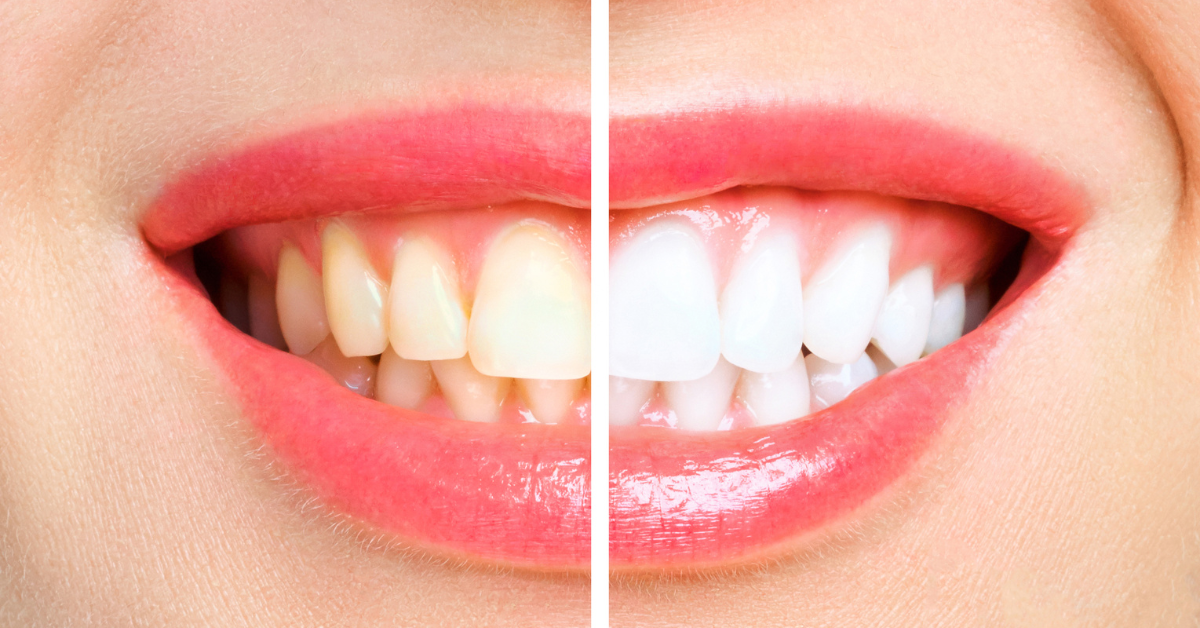A dental deep cleaning, also known as scaling and root planing, is a non-surgical periodontal therapy procedure that involves removing plaque and tartar buildup from below the gum line to prevent gum disease from advancing. It is a more intensive cleaning than a regular dental cleaning, which focuses on cleaning above the gum line.
Why is a dental deep cleaning necessary?
Gum disease, also known as periodontal disease, is a chronic infection of the gums and bones that support the teeth. When plaque and tartar accumulate below the gum line, they can irritate and inflame the gums, causing them to pull away from the teeth and create pockets. These pockets can trap more bacteria, leading to further inflammation and destruction of the gum tissue and bone.
If left untreated, gum disease can cause serious consequences, including:
- Tooth loss
- Increased risk of heart disease, stroke, and diabetes
- Difficulty eating and speaking
- Bad breath
- Receding gums
A dental deep cleaning can help to prevent and treat gum disease by removing plaque and tartar from below the gum line, reducing inflammation, and allowing the gums to heal and reattach to the teeth.
What does a dental deep cleaning involve?
A dental deep cleaning is typically performed under local anesthesia to numb the area. The procedure may be done in one or two visits, depending on the severity of the gum disease.
During the procedure, the dentist or dental hygienist will use special tools to:
- Scale: Remove plaque and tartar from below the gum line.
- Root plane: Smoothen the rough surfaces of the tooth roots to make it harder for bacteria to attach.
After the scaling and root planing, the dentist or hygienist will polish the teeth and may apply an antibiotic to the area to help prevent infection.
What to expect after a dental deep cleaning
After a dental deep cleaning, you may experience some soreness or tenderness in your gums. This is normal and should subside within a few days. You may also notice some bleeding when you brush or floss your teeth. This should also subside within a few days.
Your dentist will give you specific instructions on how to care for your teeth and gums after the procedure. This may include:
- Brushing and flossing twice a day
- Using a mouthwash
- Eating soft foods
- Avoiding smoking
How often should I have a dental deep cleaning?
The frequency of dental deep cleanings will depend on the severity of your gum disease and your response to treatment. Some people may only need a deep cleaning every few years, while others may need more frequent cleanings.
Conclusion
A dental deep cleaning is an important part of maintaining good oral health and preventing gum disease. If you have any concerns about gum disease, talk to your dentist. They can assess your individual risk and recommend the best treatment options for you. Please find the dental office near you in these locations: Attleboro, Chelmsford, Hyde Park, Jamaica Plain, Lynn, Manchester, Methuen, Roslindale, Taunton.




